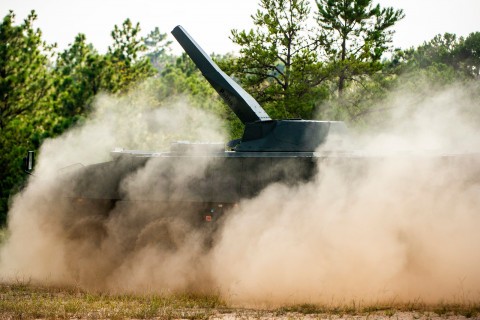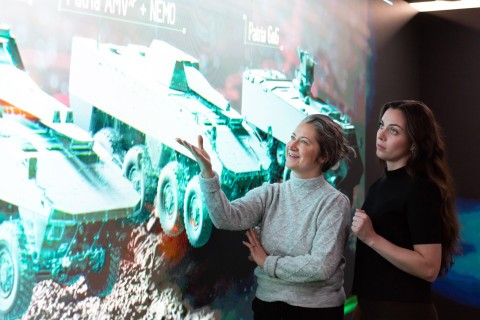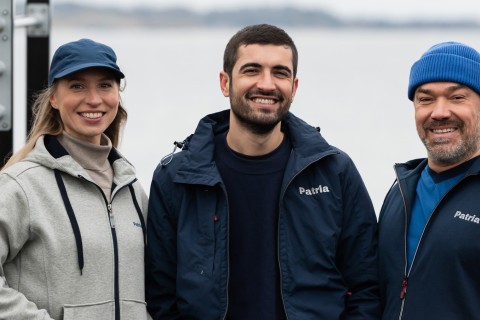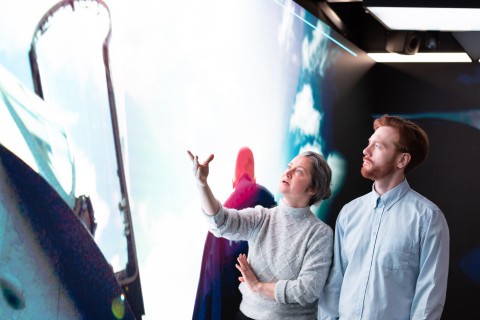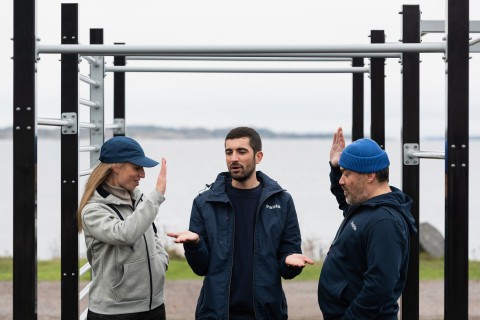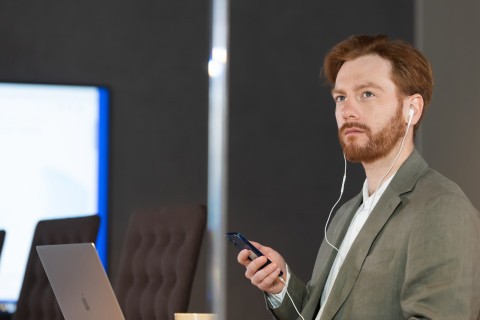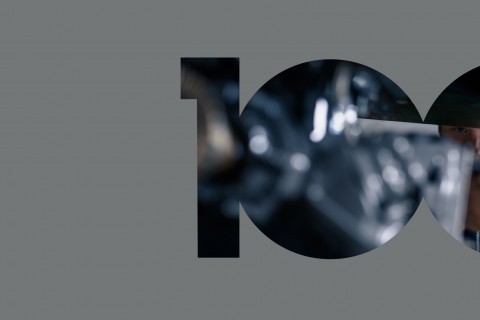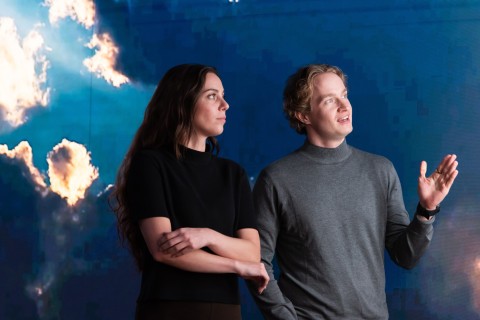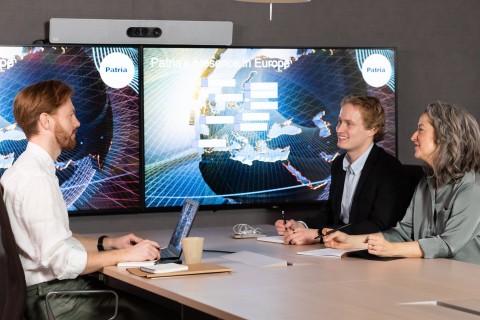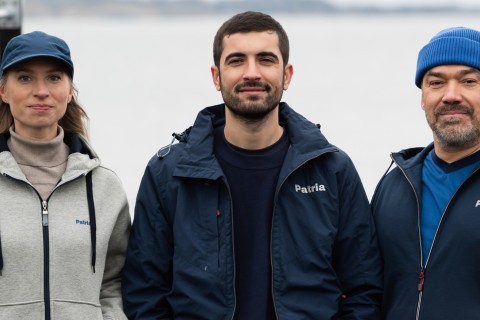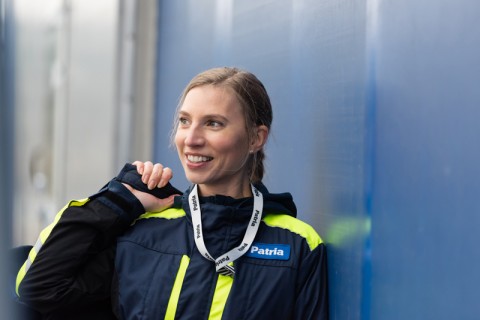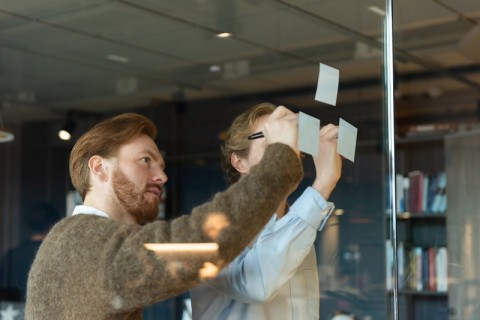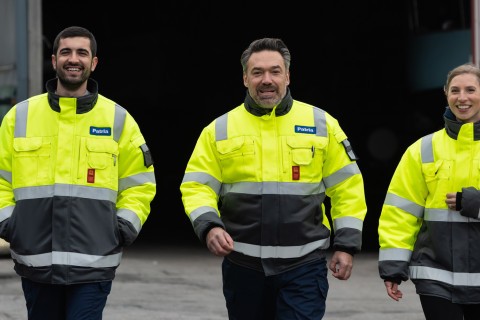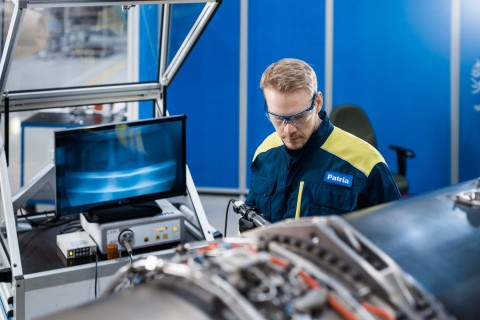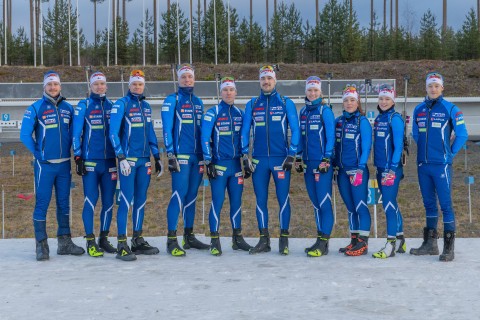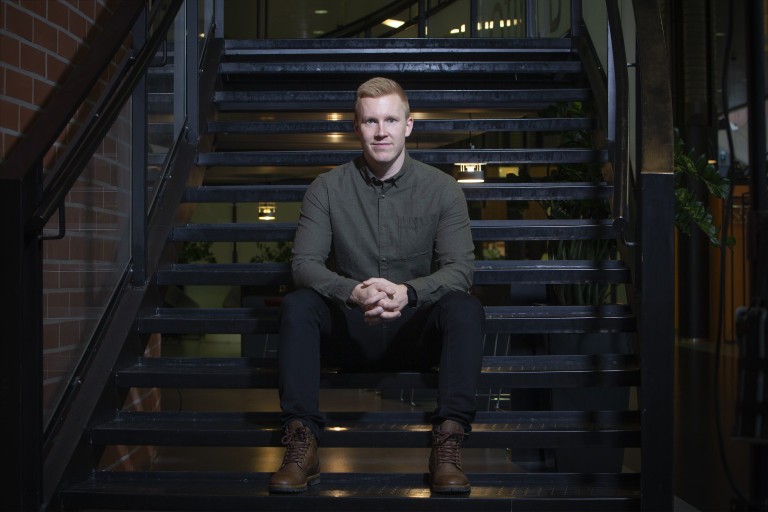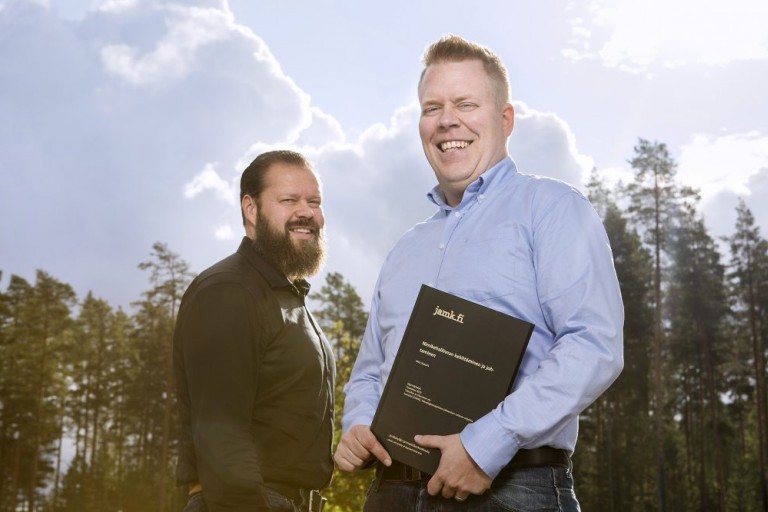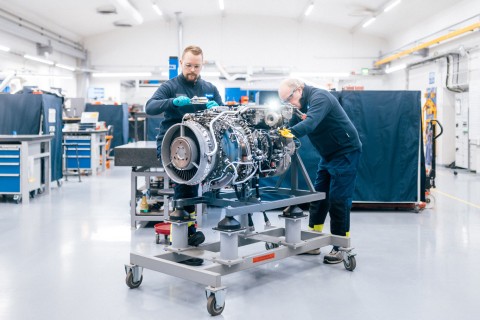
3.10.2018
Good news for students interested in aerospace engineering and employers in the sector: Patria's financial support and a new professorship will take research and teaching in aerospace engineering to a new level in Finland. Tampere University of Technology welcomes students in the field.
10 years of support for teaching and research
Martti Wallin
At that point, Martti Wallin, President of Patria’s Aviation Business Unit, a major player in the sector, engaged in active discussion with education and the Finnish Air Force representatives to find a way of guaranteeing the continuity of engineering education. “Due to natural employee turnover alone, Patria has a continuous need for world class experts in the sector. Modern aircraft and their systems require technical expertise. Since Pauli Kuosmanen, Dean of University of Technology, was interested in continuing and developing teaching and research in aerospace engineering as a major subject, we decided to make this financially feasible for them,” says Wallin. Patria undertook to support the teaching offered by TUT with 10 years of major funding. Major subject status and a new professorship will take the studies to a new level. Major General Engineering Kari Renko, Deputy Chief of Logistics Command with the Finnish Defence Forces, is pleased with the solution and emphasises the Air Force's perspective on the importance of the education. "We need our own expertise if we want our fleet to perform to its full potential. This will also guarantee financial and operational security. We have around 100 to 120 people working on aircraft and the related systems. Around two thirds of them are engineers.” The FDF Logistics Command uses domestic industrial partners such as Patria, engaging them in a variety of functions such as planning, maintenance and manufacturing. Read more about the strategic partnership between the Finnish Air Force and Patria.
Expertise will remain in Finland
Patria provides aviation life cycle support services which are not limited to maintenance in accordance with the aircraft manufacturer's instructions. It develops systems, repairs engines and performs challenging modifications developed by Patria and approved by the authorities. Certificates granted to the design organisation by the European Aviation Safety Agency (a civil aviation organisation) and the Finnish Military Aviation Authority bear testimony to this. In addition, Patria has the necessary licences and expertise for manufacturing, maintenance and pilot training activities. "Broad-based expertise in the engineering sciences is required in order to do everything that we do. We will continue to need specialists in material technology, strength analysis, aerodynamics, aerospace engineering, electrical engineering, electronics and mechanical engineering. Traditional engineering is in demand, despite the emergence of digitalisation, information technology and artificial intelligence. Experienced mechanical engineers, strength analysis specialists and aerodynamics experts are needed when maintaining and modifying aircraft structures,” says Wallin. In addition to university education, Patria is investigating opportunities to make training in the aviation sector more appealing in collaboration with vocational education institutions.
Broad-based teaching
Pauli Kuosmanen
Dean Pauli Kuosmanen looks forward to the start of the new professorship in aeronautical engineering in Tampere. “We will lift the teaching programme to a new level. We will teach on a broad basis, covering everything from aircraft systems to information and communications technology, cyber security and materials. The newly appointed professor will also add to our research activities.” It is hoped that students from a wide range of backgrounds continue to apply to study aerospace engineering. It will become a major subject in mechanical and production engineering. The university also hopes that the subject will be studied as a minor by students majoring in electronics, materials, ICT or machine technology, for example. "For instance, a graduate with an MSc. in electronics who has earned 30 credits in aerospace engineering would have very strong prospects in the industry. We also want to see unconventional subject combinations.” From the university’s perspective, the timing of the education is unrelated to the Finnish Defence Forces’ fighter procurements, but Kuosmanen views TUT as the probable number one choice for research partnerships with fighter suppliers.
Shared concerns now resolved
Kari Renko
Kari Renko of the Finnish Defence Forces considers a change of perspective important when the engineering studies are transferred from Otaniemi to Tampere, and the study of aviation technology becomes the study of aerospace engineering, i.e aviation system technology. "Helsinki University of Technology’s main focus was on aviation design," says Renko, who graduated from the institution with an MSc. in engineering. “In systems maintenance, and maintenance design, development and procurement, there is now a need for people with an understanding of how an aircraft works. How does it stay in the air, and what can you do safely to it, and what not? They must also have a specialism such as serviceability and reliability, or expertise in a certain technology or system. Aerospace engineer is a descriptive title with no equivalent in Finnish.” It is also important to the Finnish Defence Forces that the professorship provide a stronger basis for conducting research at the university. “By supporting the professorship, Patria has resolved the leadership of the operation. Our structure and system research have been transferred to Tampere University of Technology. Once we have a young base of engineers with modern skills in place, we will be in a win-win situation. Allowing the level of expertise and education to deteriorate would have led to the collapse of the entire aeronautics operation.”
What did you like about the article?
Thank you for your opinion! You can share the article on social media using the buttons below:
